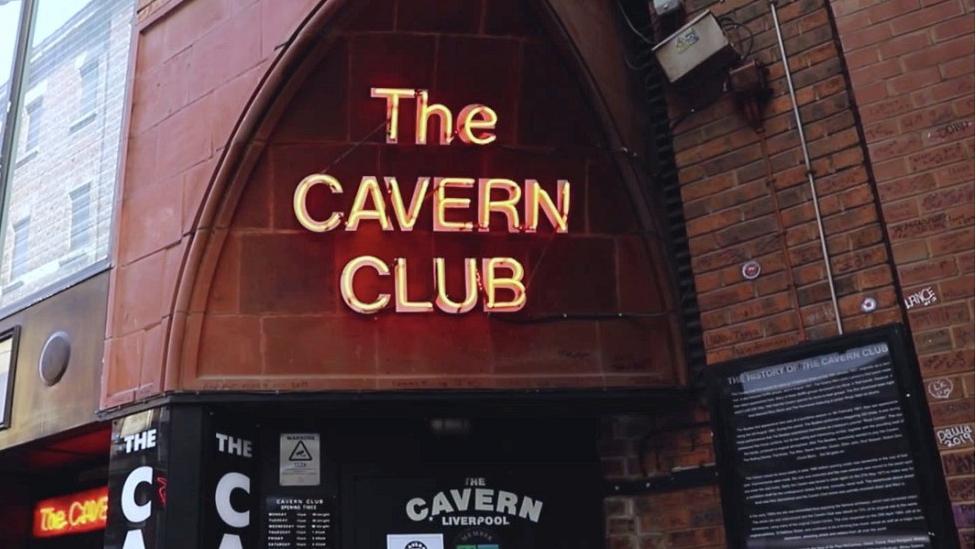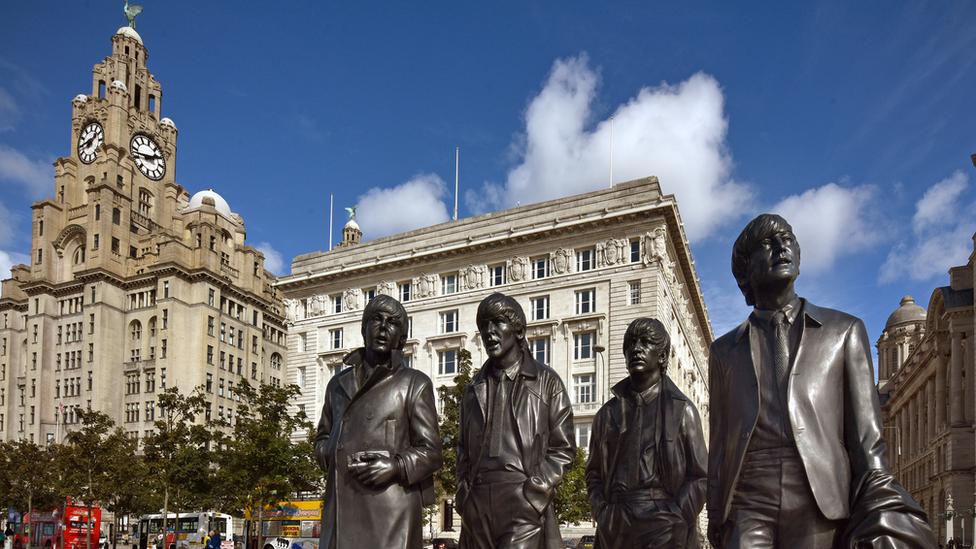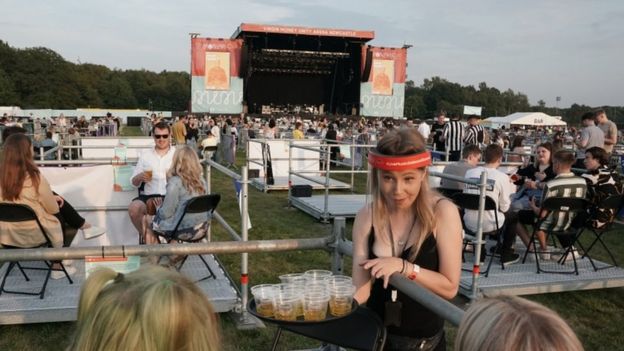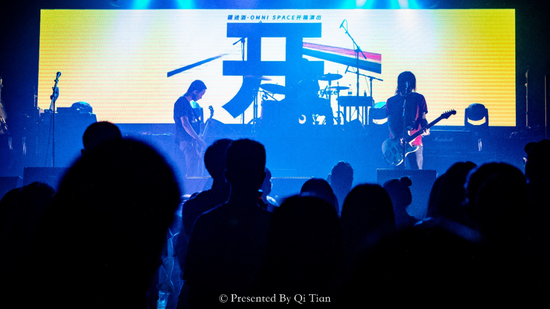"About seven months ago, you couldn't even think of a scenario where the Cavern wouldn't be successful," Bill Heckle, the director of The Cavern Club in Liverpool, UK, told BBC news.
The Cavern Club, established in 1957, is a popular live music club. Big names, such as the Rolling Stones, Stevie Wonder, David Bowie and Adele have been performed here and, in 1961, The Beatles gave their first show there. But now, the place is falling into financial crisis because of the COVID-19 pandemic.

The Cavern Club in Liverpool, UK. /Internet
The Cavern Club in Liverpool, UK. /Internet
Heckle said the club had been losing 30,000 pounds every week since the lockdown policy was imposed in March.
Although the club operators have saved money for "a rainy day", they couldn't prepare for the "thunderstorm" of the 2020 pandemic.
According to music company Viberate, the cancellation of over 750 music festivals over the world has caused a lost of 170 million U.S. dollars. This year, over 13 million gig-goers have been put off due to the lockdown.
The Cavern Club made changes for late August when they will reopen for virtual sets by bands from around the world.

The statues of the Beatles in Liverpool. /Internet
The statues of the Beatles in Liverpool. /Internet
Earlier last week, the Virgin Money Unity Arena in Newcastle, UK, reopened for the first "socially distanced concert', marking the return of live music this summer, alongside other "new normals".
Nearly 2,500 gig-goers were separated into 500 groups. Each group is required to stay in their own platform and order food and drinks via apps.
Led by Brit Awards winner Sam Fender, this event sold all its 2,500 tickets in minutes.

Gig-goers are separated into small groups of five in the outdoor music festival in the UK. /BBC
Gig-goers are separated into small groups of five in the outdoor music festival in the UK. /BBC
The same scene was also seen in China. In late July, the Midi Festival which reopened in Zhangjiakou - a city close to northern Beijing - became the first music festival held in the country. It sold out 2,000 tickets within 30 minutes.
A month later, gig-goers in Beijing have been excited to see live houses reopening one-by-one in the city. Omni Space, one of the popular live houses in the city, finally reopened on August 7, after six-month closure.

Beijing's live house Omni Space reopened this month. /Weibo
Beijing's live house Omni Space reopened this month. /Weibo
China's Ministry of Culture and Tourism issued a statement in May allowing theaters and cinemas to reopen - but only to 30 percent of total capacity and the gap between each seat should be at least one meter. The local government confirmed it's "gradually and cautiously" reopening the performance market, including theaters, concerts and live house.
The passion for music and the love for live music never went away under the pandemic. Festicket, a German music festival platform, did a survey with 110,000 gig-goers in May, and over 80 percent of them want to visit a music festivals once the lockdown is lifted.